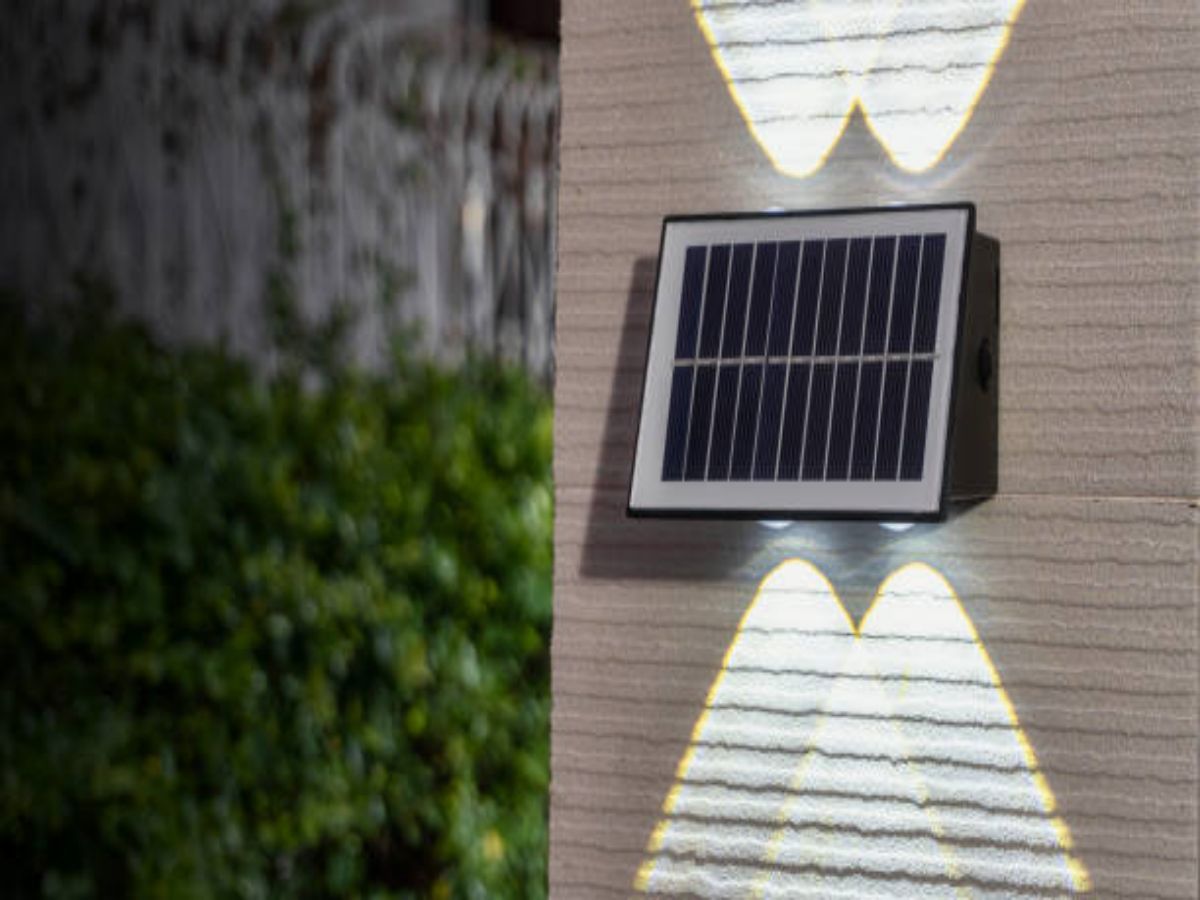The Importance of Temperature Resistance in M20 Waterproof Connectors
Temperature variations play a crucial role in the performance and durability of M20 waterproof connectors. These connectors are designed to provide reliable and secure connections in harsh environments, including extreme temperatures. Understanding the impact of temperature on these connectors is essential for ensuring their long-term functionality and preventing potential failures. In this article, we will explore the effects of temperature variations on M20 waterproof connectors and the importance of selecting connectors with adequate temperature resistance.
1. Thermal Expansion and Contraction
One of the primary impacts of temperature variations on M20 waterproof connectors is thermal expansion and contraction. When exposed to high temperatures, the materials used in these connectors expand, potentially leading to loosening of connections and compromised waterproofing. Conversely, low temperatures can cause contraction, which may result in distorted connectors and poor electrical conductivity. It is crucial to choose M20 waterproof connectors that can withstand the thermal expansion and contraction associated with the intended operating temperature range.
2. Seal Integrity
The ability of M20 waterproof connectors to maintain a reliable seal is paramount in preventing moisture and other contaminants from entering the connection. Temperature variations can affect the seal integrity of these connectors. High temperatures can cause the seals to degrade or lose their elasticity, compromising their ability to create an effective barrier against water ingress. Similarly, low temperatures can make the seals rigid, reducing their ability to accommodate any movements or vibrations. Selecting M20 waterproof connectors with robust seal materials and designs suitable for the operating temperature range is crucial to ensure long-lasting protection against moisture and other environmental factors.
3. Insulation Properties
M20 waterproof connectors must also possess excellent insulation properties to prevent electrical leakage and short circuits. Temperature variations can impact the insulation materials used in these connectors, leading to reduced insulation resistance. High temperatures can accelerate the degradation of insulation materials, increasing the risk of electrical faults. On the other hand, low temperatures can make the insulation materials brittle and more prone to cracking, compromising their effectiveness. Opting for M20 waterproof connectors that utilize high-quality insulation materials capable of withstanding the anticipated temperature variations is vital for maintaining a safe and reliable electrical connection.
4. Mechanical Strength
The mechanical strength of M20 waterproof connectors is another crucial aspect affected by temperature variations. Extreme temperatures can cause the materials used in these connectors to become more brittle or pliable, potentially leading to physical damage or deformation. Connectors subjected to temperature extremes may experience cracking, warping, or increased wear and tear, compromising their overall mechanical strength and longevity. It is essential to choose M20 waterproof connectors that are specifically designed and tested to withstand the anticipated temperature range and maintain their structural integrity.
5. Contact Resistance
Temperature variations can impact the contact resistance of M20 waterproof connectors, which refers to the resistance encountered by the flow of electrical current through the connection. High temperatures can increase contact resistance, leading to potential voltage drops, power loss, and even overheating. Conversely, low temperatures can cause the contacts to become less conductive, impeding the flow of electricity and affecting the overall performance of the connected devices. Selecting M20 waterproof connectors with low contact resistance and stable electrical conductivity across the intended temperature range is crucial for ensuring reliable and efficient electrical connections.
6. Environmental Factors
M20 waterproof connectors are often used in outdoor or industrial settings, where they are exposed to various environmental factors. Temperature variations, accompanied by moisture, humidity, dust, and other contaminants, can significantly impact the performance and lifespan of these connectors. Extreme temperatures can accelerate the corrosion of contacts, degrade sealing materials, and compromise the overall functionality of the connectors. When selecting M20 waterproof connectors, considering their resistance to environmental factors in addition to temperature variations is essential for ensuring their longevity and reliability in challenging conditions.
7. Application Specific Considerations
The impact of temperature variations on M20 waterproof connectors can vary depending on the specific application and industry. For instance, connectors used in automotive applications may face more significant temperature fluctuations compared to those used in indoor electronic devices. It is crucial to consider the specific requirements and operating conditions of the application when selecting M20 waterproof connectors. This consideration ensures that the chosen connectors can withstand the anticipated temperature variations and perform reliably in the intended environment.
8. Testing and Certifications
To ensure the reliability and quality of M20 waterproof connectors in the face of temperature variations, it is essential to rely on connectors that have undergone rigorous testing and obtained relevant certifications. Manufacturers that comply with industry standards and regulations provide connectors that have been tested for their performance in various temperature ranges. Choosing connectors from reputable manufacturers can offer peace of mind and assurance that the connectors can withstand the anticipated temperature variations and deliver consistent performance.
9. Long-Term Reliability
Considering the impact of temperature variations on M20 waterproof connectors is crucial for ensuring their long-term reliability. Connectors that are not adequately designed or tested for temperature resistance may experience premature failures, resulting in costly repairs, downtime, or even safety hazards. By selecting connectors with proven temperature resistance and considering the specific requirements of the application, users can ensure the longevity and reliability of their electrical connections.
10. Conclusion
Exploring the impact of temperature variations on M20 waterproof connectors reveals the critical importance of selecting connectors that can withstand the anticipated temperature range. From thermal expansion and contraction to seal integrity, insulation properties, mechanical strength, contact resistance, and environmental factors, temperature variations can significantly affect the performance and longevity of these connectors. By choosing connectors that have been tested and certified for their temperature resistance, users can ensure reliable and durable electrical connections in challenging environments.

